Find Help
More Items From Ergsy search
-
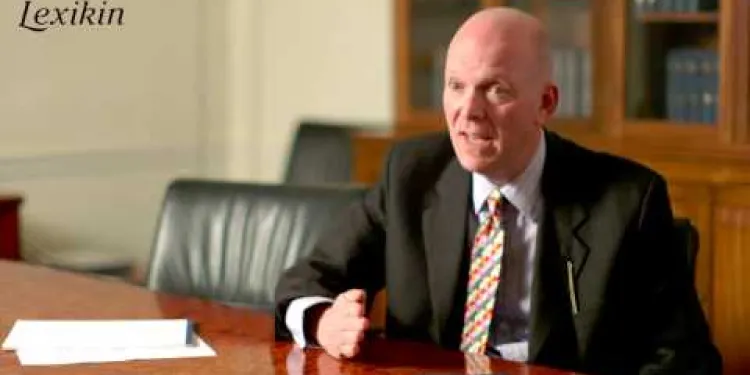
The dangers of not having a Will
Relevance: 100%
-

What is dangerous driving?
Relevance: 84%
-

What are the consequences of dangerous driving?
Relevance: 81%
-
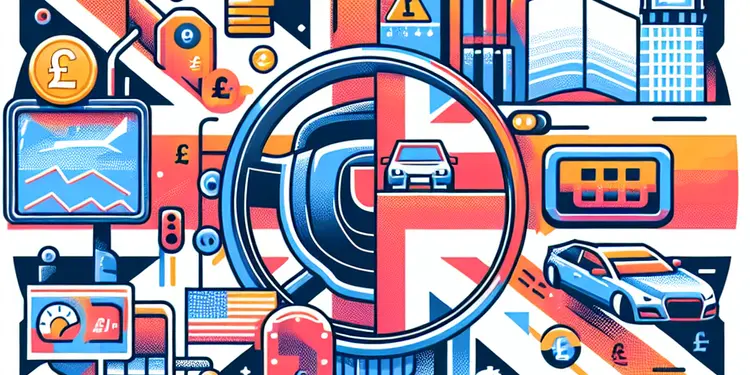
What is considered dangerous driving?
Relevance: 80%
-
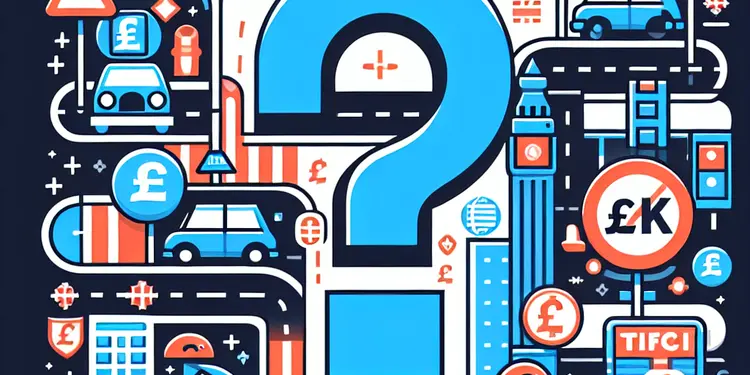
Are there specific laws against dangerous driving?
Relevance: 77%
-
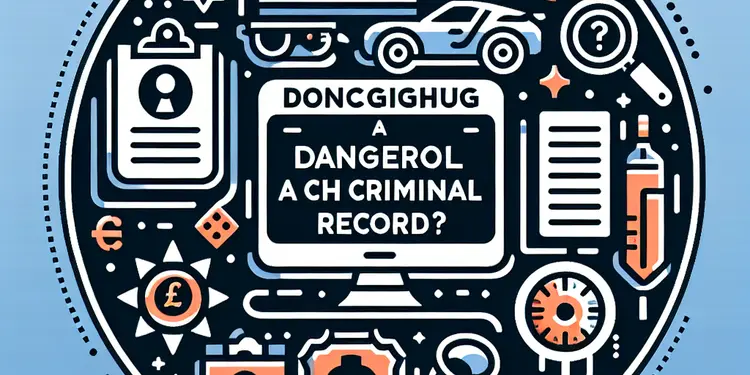
Can dangerous driving lead to a criminal record?
Relevance: 76%
-
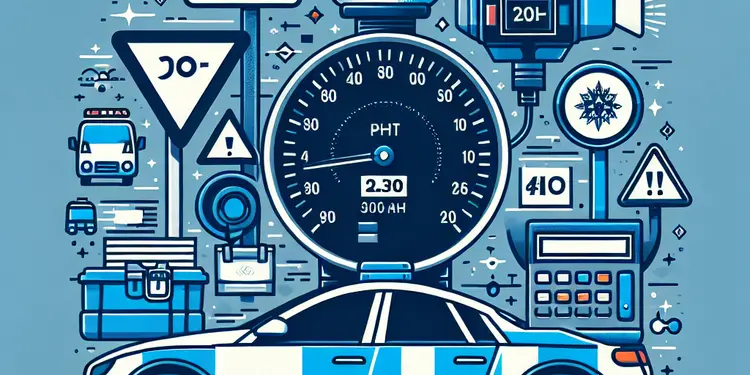
How is dangerous driving detected by police?
Relevance: 76%
-
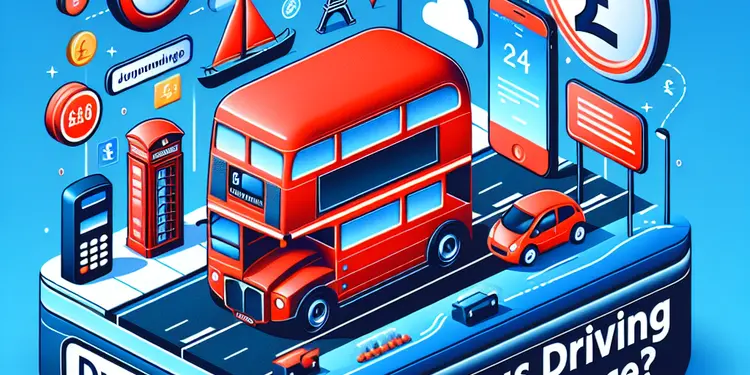
How can dangerous driving affect my insurance?
Relevance: 73%
-
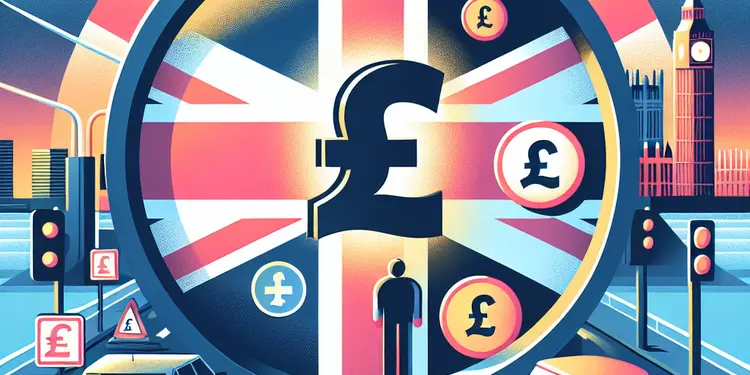
What should I do if I encounter a dangerous driver on the road?
Relevance: 72%
-
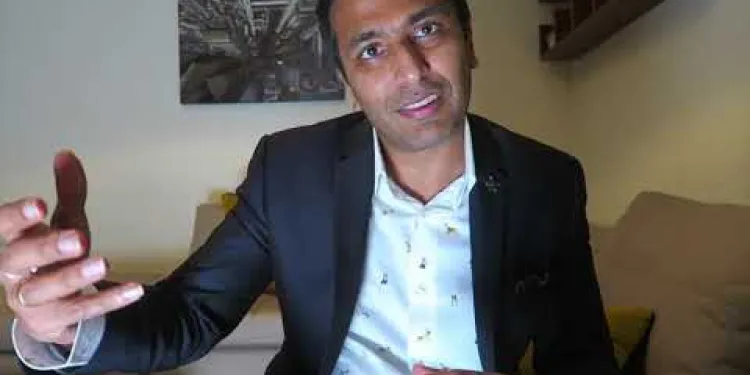
Is my abnormal heart rhythm dangerous?
Relevance: 72%
-
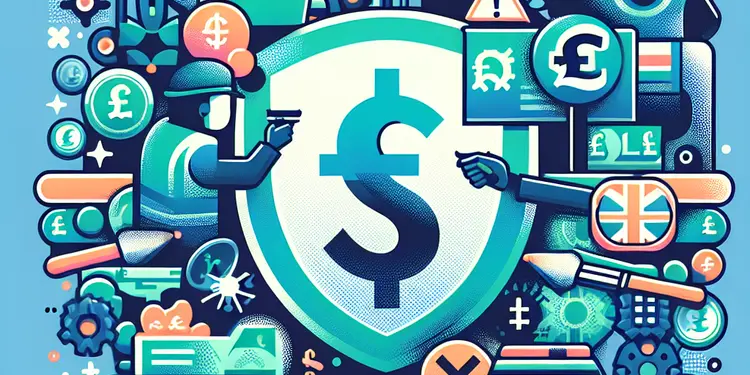
What is the difference between careless driving and dangerous driving?
Relevance: 72%
-
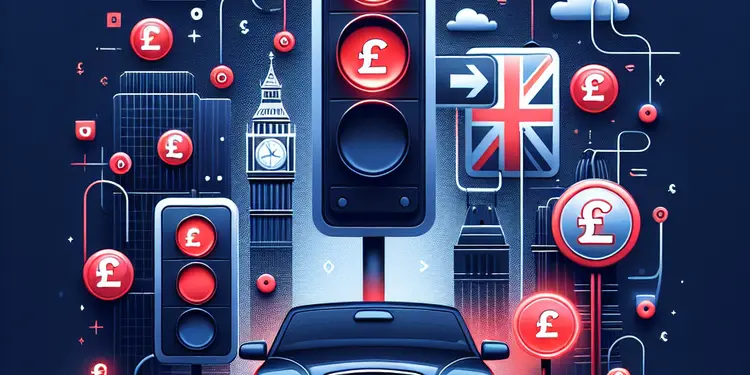
Is it dangerous driving to run a red light?
Relevance: 71%
-
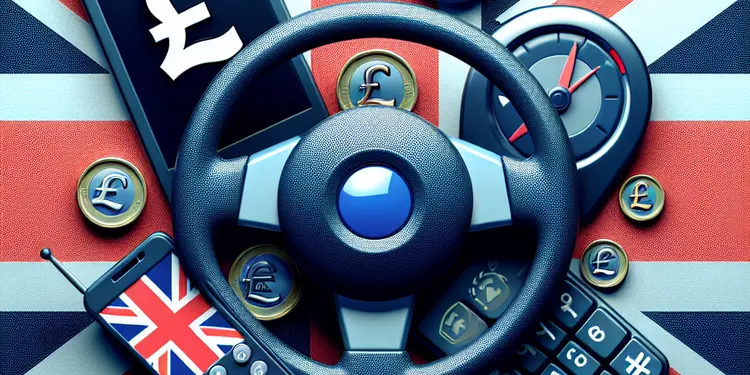
Can distracted driving be classified as dangerous driving?
Relevance: 71%
-

What is the most dangerous spider in the UK?
Relevance: 71%
-
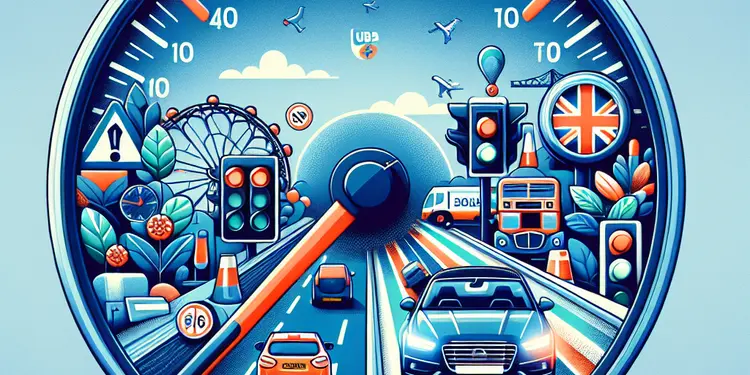
Is driving too slowly considered dangerous driving?
Relevance: 70%
-
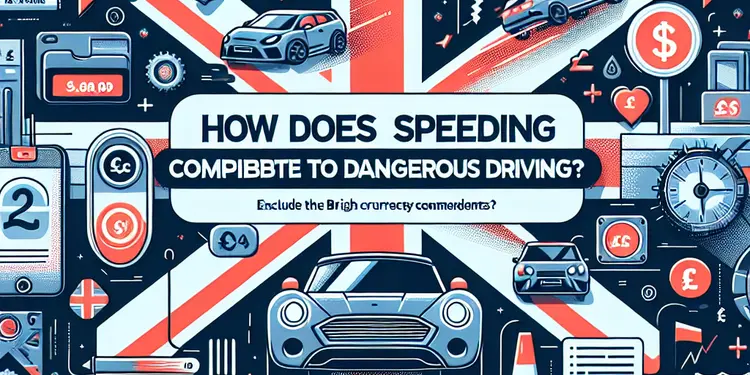
How does speeding contribute to dangerous driving?
Relevance: 69%
-
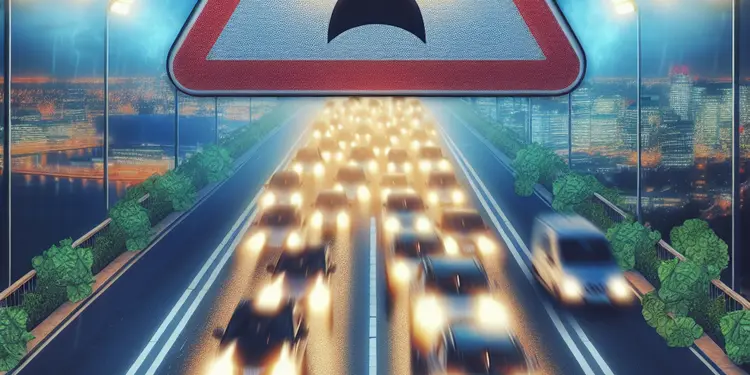
Is road rage a form of dangerous driving?
Relevance: 69%
-
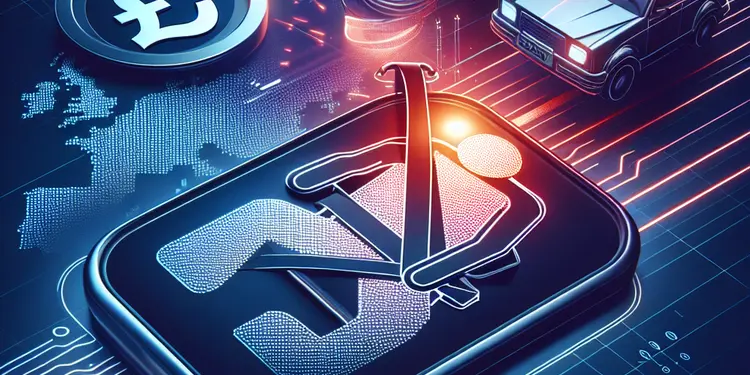
Is driving without a seatbelt considered dangerous driving?
Relevance: 69%
-
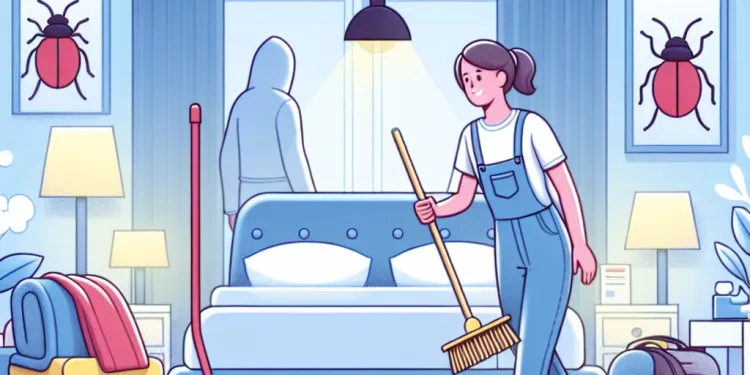
Are bed bugs dangerous?
Relevance: 67%
-

Can staying in a car during a heatwave be dangerous?
Relevance: 67%
-
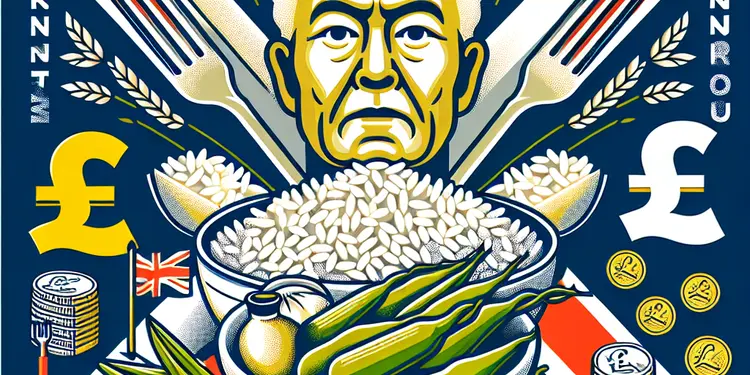
What makes old rice dangerous?
Relevance: 66%
-
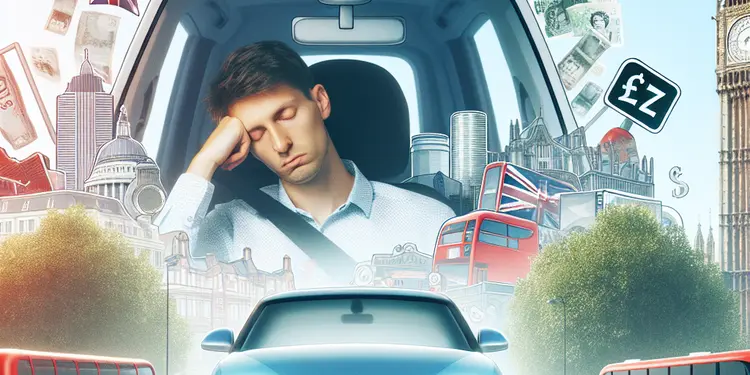
Can fatigue result in dangerous driving?
Relevance: 66%
-

Why is methanol dangerous to humans?
Relevance: 65%
-
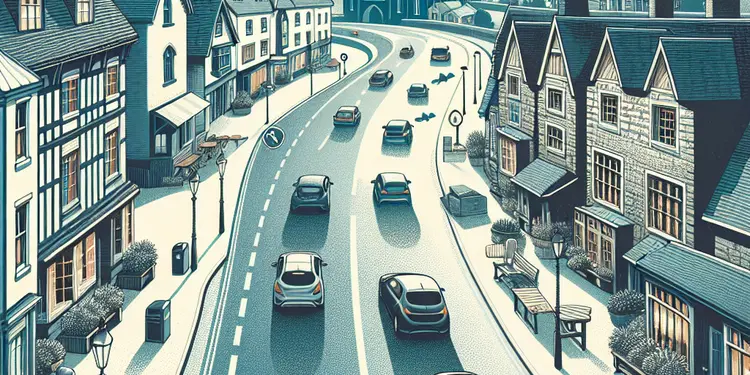
How does driving under the influence relate to dangerous driving?
Relevance: 64%
-

What are the potential consequences for a company that fails to recall a dangerous product?
Relevance: 64%
-

Can weather conditions contribute to dangerous driving?
Relevance: 63%
-
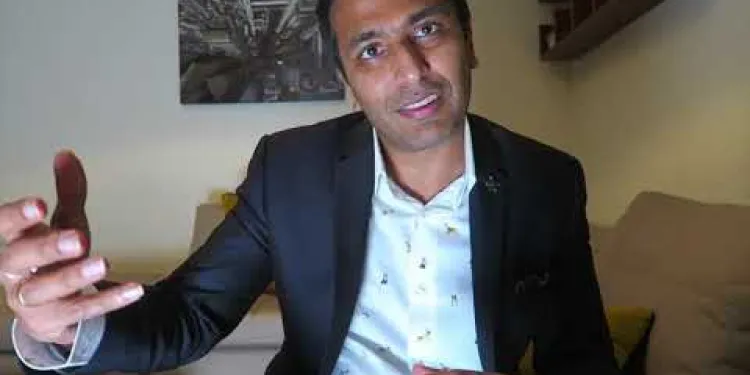
Is my abnormal heart rhythm dangerous?
Relevance: 63%
-
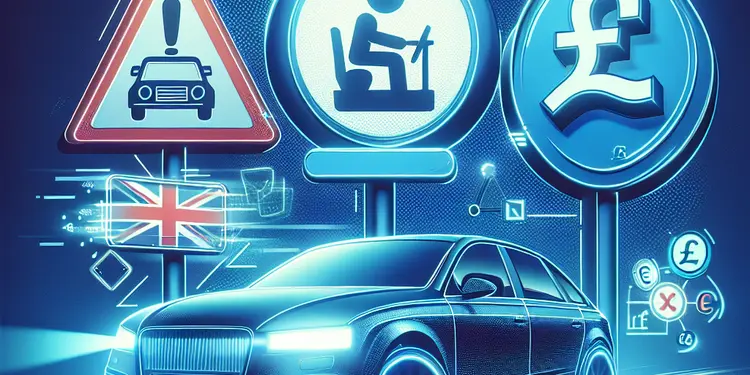
What can I do to avoid dangerous driving?
Relevance: 62%
-

Why is sleep apnea dangerous?
Relevance: 62%
-

Why is thrombosis dangerous?
Relevance: 61%
-
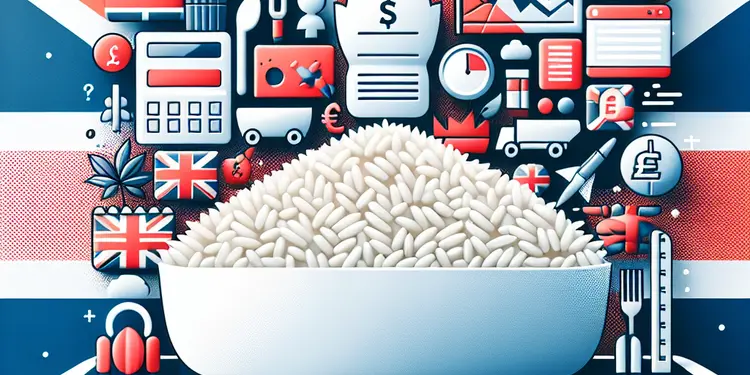
Is uncooked rice dangerous?
Relevance: 61%
-

Is H3N2 more dangerous than other flu strains?
Relevance: 60%
-
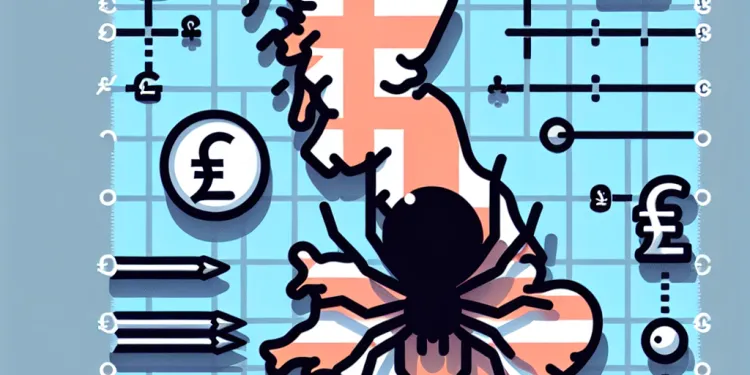
Is the bite from a false widow spider dangerous?
Relevance: 60%
-
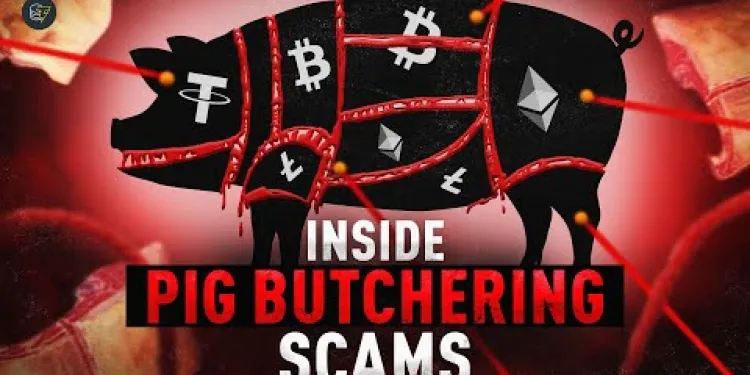
The Most Dangerous Crypto Scam: Victims Speak Out
Relevance: 59%
-
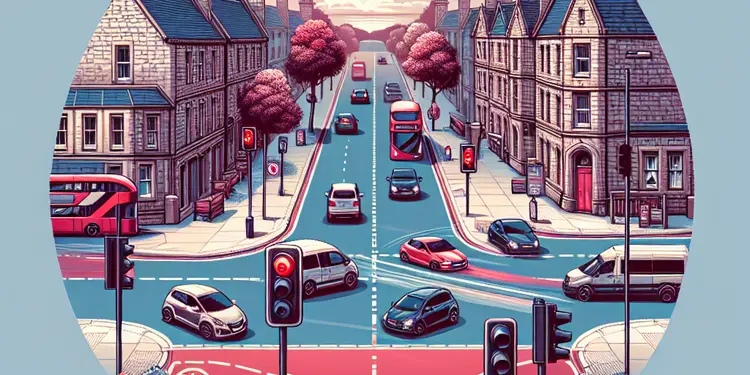
What are some examples of dangerous driving?
Relevance: 55%
-

Are new COVID-19 variants more dangerous?
Relevance: 54%
-
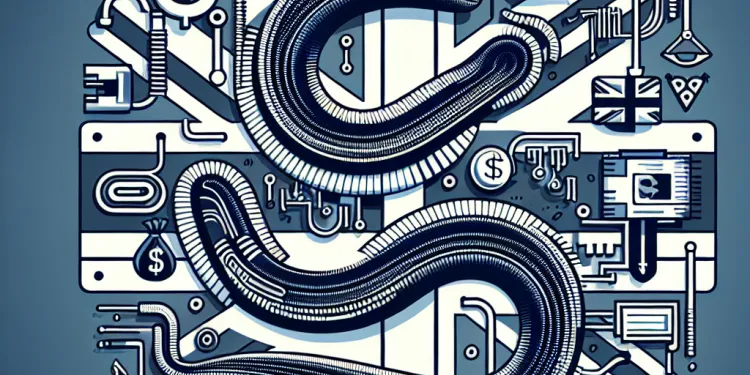
Are screw worms dangerous to humans?
Relevance: 53%
-

Is it possible for fake weight loss drugs to have no effect at all?
Relevance: 43%
-
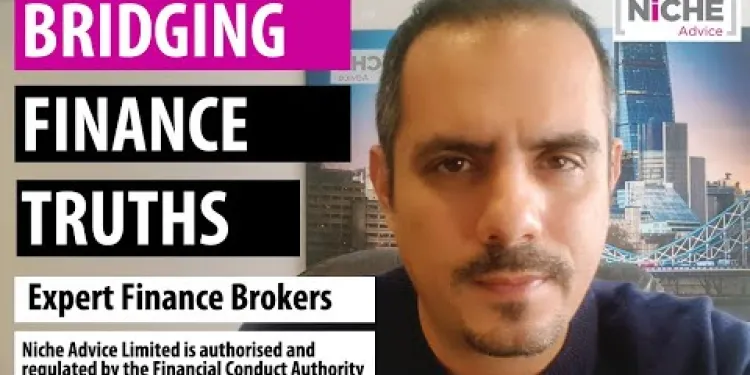
Bridging Finance Dangers - Tips on common problems, risks and lending rules in the UK
Relevance: 42%
-

Can fake weight loss drugs have harmful ingredients?
Relevance: 41%
The Dangers of Not Having a Will
Intestacy Rules Take Over
In the United Kingdom, if you pass away without a valid will, intestacy rules determine how your estate is distributed. This often leads to outcomes that may not align with your wishes. Your estate could end up in the hands of distant relatives or be distributed in a way that overlooks loved ones you intended to support. Unmarried partners, for instance, have no automatic right to inherit under intestacy rules, a situation that can lead to considerable distress and financial difficulty for those left behind.
Increased Family Disputes
Not having a will can lead to confusion and disagreements among surviving family members. Complicated and prolonged legal battles over inheritance can arise, potentially fracturing familial relationships. These disputes often result in significant emotional and financial costs and can erode the value of the estate due to legal fees and court costs, leaving less for your intended beneficiaries.
Probate Delays
The absence of a will can cause lengthy delays in the probate process, which is the legal procedure of administering the estate of a deceased person. Without clear instructions, the process can become bogged down as a court-appointed administrator navigates the complexities of distributing the estate according to intestacy laws. This can delay the distribution of assets to beneficiaries, causing needless anxiety and financial strain.
Tax Implications
Proper estate planning through a will can help minimize the tax burden on your estate, potentially preserving more of your wealth for your beneficiaries. Without these careful plans in place, your estate may be subject to higher taxes, thereby reducing the amount passed on to your loved ones. This can have a considerable impact, especially for larger estates that might otherwise be strategically managed to mitigate inheritance tax liabilities.
Guardianship Issues
If you have minor children, dying without a will leaves their guardianship to be decided by the courts. Without your explicit guidance, the court may appoint a guardian who does not reflect your wishes or those best suited to care for your children. A clear will ensures that your children are cared for by someone you trust, safeguarding their well-being and providing peace of mind.
The Dangers of Not Having a Will
Intestacy Rules Take Over
If you die in the UK without a will, special rules decide who gets your things. These rules might not do what you want. Your money and things might go to people you did not plan for. People like an unmarried partner may get nothing, causing them worry and money problems.
Increased Family Disputes
Without a will, your family might argue about who gets what. They could end up having big fights and this can be costly because of lawyer fees. Fighting over things can hurt family relationships, and there might be less money left for the people you care about.
Probate Delays
Not having a will can make it take much longer for your things to be given out after you die. A special court process is needed. This can make people wait a long time for what you wanted to give them. It can cause worry and money troubles for them.
Tax Implications
With a will, you can plan how to pay less in taxes. This means more money and things go to your family and friends. Without planning, more of your money might go to pay taxes. This is important, especially if you have a lot to give.
Guardianship Issues
If you have young kids and no will, a court will choose who looks after them. The person picked might not be who you would want. With a will, you can choose someone you trust to take care of your kids. This helps keep them safe and gives you peace of mind.
Frequently Asked Questions
What is a Will?
A Will is a legal document that sets out how your assets and estate will be distributed after your death.
What happens if I die without a Will in the UK?
If you die without a Will, your estate will be distributed according to the rules of intestacy, which may not reflect your wishes and could result in loved ones being left out.
Who will take care of my children if I don’t have a Will?
Without a Will, the court will decide who becomes the guardian of your minor children. This might not be in line with your wishes.
Can my partner inherit my estate if we are not married?
Under intestacy rules, an unmarried partner will not automatically inherit your estate, which means they could receive nothing if a Will is not in place.
What are the financial implications of not having a Will?
Without a Will, your estate may be subject to higher administrative costs and legal fees, reducing the amount that can be passed on to your beneficiaries.
How does intestacy affect my children’s inheritance?
Intestacy laws provide a strict order of inheritance which might not lead to an equal or fair distribution among your children.
Can I ensure my wishes for funeral arrangements if I don't have a Will?
Without a Will, your specific wishes for your funeral may not be known or honored, as there is no legal document stating your preferences.
How can not having a Will affect blended families?
Blended families can face complex situations without a Will, potentially leaving stepchildren or new spouses unprovided for, as intestacy rules may not account for them.
What happens to joint properties if I die without a Will?
Joint properties depending on the type of ownership, may either pass automatically to the surviving co-owner, or be subject to intestacy rules, which can create complications.
Are there any tax implications of not having a Will?
A lack of a Will can lead to inefficient tax planning, possibly resulting in a larger portion of your estate being consumed by taxes.
Can potential disputes among family members arise without a Will?
Yes, not having a Will can lead to disputes and legal battles among family members over inheritance, causing emotional and financial strain.
How might not having a Will affect charitable donations?
Without a Will, any charitable donations you intended may not be made, as there is no legal directive to support those causes.
Can creditors affect my estate if I don't have a Will?
Creditors may have a claim on your estate regardless, but clear instructions in a Will can help manage and settle debts effectively.
What are the consequences for business owners dying without a Will?
Dying without a Will can leave your business in limbo, creating uncertainty over its future operations and possibly leading to its closure or sale.
How does not having a Will impact digital assets?
Digital assets, such as online accounts and digital currencies, may be overlooked and inaccessible without a Will, resulting in the loss of potentially valuable assets.
What is a Will?
A will is a paper that tells what you want to happen after you die. It says who should get your things. It can also say who will take care of your children.
You should tell a grown-up you trust, like a lawyer, to help make your will.
Tools like picture charts or storyboards can help you understand and make a will. You can also ask a family member or a helper to explain it to you in a simple way.
A Will is a paper that tells everyone what should happen to your things and money after you die.
What happens if I die without saying who gets my things in the UK?
If you die and you haven't written down who should get your things, it's called "dying without a Will". Here's what can happen:
- The law decides who gets your things. It might not be who you want.
- Your things might go to family members you didn't choose.
- If you have children, the law will decide who takes care of them.
- Your partner might not get anything if you're not married.
It's a good idea to write a Will. A Will is a paper that says who gets your things. You can get help from a grown-up or a lawyer to make a Will.
Using pictures, charts, or asking someone you trust for help can make it easier to understand and decide what to do.
If you die and don't have a Will, the law will decide who gets your things. This might not be what you want. People you care about might not get anything.
Who will look after my children if I don’t have a Will?
If something happens to you and you don't have a Will, someone else will decide who looks after your kids. It won't be you who chooses.
Writing a Will lets you say who you trust to care for your children if you can't. Think about a person you know well and who knows your kids.
There are tools to help you write a Will, like talking to a lawyer or using online guides. These can help make sure your kids are looked after how you want.
If you don't have a Will, the court will choose who takes care of your young kids. This might not be what you want.
Will my partner get my things if we are not married?
If you and your partner are not married, they might not get your things when you die.
Here is what you can do to help your partner:
- You can make a will. A will is a paper that says who gets your things when you die.
- You can talk to a lawyer. A lawyer is someone who can help you make a will.
Doing these things can make sure your things go to the right people.
If you are not married and don't have a Will, your partner won't get your things when you die. This means they might not get anything at all.
What happens if you don't have a Will and money is involved?
If you don't have a Will, it can cost more money to handle your things when you pass away. This means less money or things might go to your family or friends.
What happens to my children’s inheritance if I don’t have a will?
If you don't have a will, the law decides who gets your things after you die. This is called intestacy. It might mean your children get less money or things than you want them to have.
Here are some things to help:
- Think about making a will. A will is a paper that says who gets your things.
- Talk to someone who knows about wills, like a lawyer.
- Use drawing or pictures to show who gets what.
- Ask a family member or friend to help you understand.
If you don't make a will, there are rules about who gets your things after you die. These rules may not be fair for your children and might not split things equally.
How can I make sure my funeral is the way I want if I don't have a Will?
If you want your funeral to happen in a special way, tell someone you trust. You can write down your wishes on paper and share them with your family or friends. This helps them know what you want.
You can also talk to a person who helps with legal matters. They can guide you on how to make your wishes clear.
Using pictures or videos to show your wishes can also be helpful.
If you don't have a will, people might not know what you want for your funeral. This means they might not do things the way you want because there is no paper that says your wishes.
What happens to blended families if someone dies without a Will?
A 'blended family' is when parents have children with someone else from before.
If you do not have a Will, it might be hard to decide who gets your things after you die.
This can cause problems and make families upset.
Writing a Will can help everyone know what you want.
You might ask a trusted friend or family to help you with this.
It can also be useful to talk to a lawyer about writing a Will.
In families with stepchildren or new spouses, not having a Will can create problems. These families might find that stepchildren or new spouses do not get anything if there isn't a Will. This is because the rules that decide who gets what might not include them.
What happens to shared homes if I die without a Will?
If you die and you don't have a Will, the law decides what happens to your things.
If you own a home with someone else, it is called a "shared home" or "joint property."
What happens to your part of the home depends on how you own it:
- Joint Tenants: The other person will get your part of the home automatically.
- Tenants in Common: Your part of the home will not go directly to the other person. The law will decide who gets it.
If you need help, you can:
- Ask a family member or friend.
- Talk to a lawyer.
When two people own something together, things can work in two ways. If one person dies, their share might automatically go to the person who is still alive. But sometimes, if there are no special rules, things can get tricky and may be shared differently.
Will I pay more taxes if I don't have a Will?
If you don't write a Will, your money and things might get more taken by taxes. This could mean less for your family or friends.
Can family members argue if there is no Will?
Yes, family members might argue if there is no Will. A Will is a plan that says who gets what when someone dies.
If there is no plan, family might not agree on who should get things. This can cause arguments.
Having a Will can help stop arguments. It is a good idea to talk to a grown-up or a helper if you need more help with this.
Yes, if you don't have a Will, family members might argue about who gets what when you pass away. This can make people upset and might cost money. It's helpful to have a Will to avoid these problems.
What happens to charity gifts if there is no Will?
If you don't have a Will, the gifts you wanted to give to charities might not happen. There is no legal plan to make sure those gifts are given.
To help, you can make a Will. Use clear words to say who you want to give your things to. You might find it helpful to ask someone you trust, like a family member or a friend, for help. You can also use pictures or lists to keep things simple.
What happens to my things if I die without a Will?
If you don't have a Will, people you owe money to (creditors) might ask for some of your things to pay off your debts. Here are some helpful tips: - Speak to a family member or friend you trust. - Consider talking to a lawyer. They can help make sure your things go to the right people. - Use picture charts or simple lists to plan where you want your things to go.People you owe money to might still want you to pay them back when you die. But if you say what should happen with your money and things in a Will, it can make it easier to pay off these debts.
What happens to a business if the owner dies without a Will?
If a person who owns a business dies and does not have a Will, there can be problems. Here is what might happen:
- The government will decide who gets the business. This might not be what the owner wanted.
- It can take a long time to sort out who should get the business.
- The business might have to close if no one knows who should run it.
Making a Will is important. A Will is a paper that says what should happen to your things after you die. It helps your family and friends know what you want.
Here are some tools and tips that can help:
- Ask a trusted adult or a lawyer to help you make a Will.
- Write down what you want to happen to your business.
- Use pictures or drawings to show what you mean.
If you die without saying who gets your things, it can make problems for your business. People might not know what to do next. They might have to close or sell your business.
What happens to your online things if you don't have a Will?
Digital things like online accounts and digital money can be forgotten if you do not have a Will. This means you might lose important or valuable things.
Useful Links
This website offers general information and is not a substitute for professional advice.
Always seek guidance from qualified professionals.
If you have any medical concerns or need urgent help, contact a healthcare professional or emergency services immediately.
Some of this content was generated with AI assistance. We’ve done our best to keep it accurate, helpful, and human-friendly.
- Ergsy carfully checks the information in the videos we provide here.
- Videos shown by Youtube after a video has completed, have NOT been reviewed by ERGSY.
- To view, click the arrow in centre of video.
- Most of the videos you find here will have subtitles and/or closed captions available.
- You may need to turn these on, and choose your preferred language.
- Go to the video you'd like to watch.
- If closed captions (CC) are available, settings will be visible on the bottom right of the video player.
- To turn on Captions, click settings .
- To turn off Captions, click settings again.
More Items From Ergsy search
-

The dangers of not having a Will
Relevance: 100%
-

What is dangerous driving?
Relevance: 84%
-

What are the consequences of dangerous driving?
Relevance: 81%
-

What is considered dangerous driving?
Relevance: 80%
-

Are there specific laws against dangerous driving?
Relevance: 77%
-

Can dangerous driving lead to a criminal record?
Relevance: 76%
-

How is dangerous driving detected by police?
Relevance: 76%
-

How can dangerous driving affect my insurance?
Relevance: 73%
-

What should I do if I encounter a dangerous driver on the road?
Relevance: 72%
-

Is my abnormal heart rhythm dangerous?
Relevance: 72%
-

What is the difference between careless driving and dangerous driving?
Relevance: 72%
-

Is it dangerous driving to run a red light?
Relevance: 71%
-

Can distracted driving be classified as dangerous driving?
Relevance: 71%
-

What is the most dangerous spider in the UK?
Relevance: 71%
-

Is driving too slowly considered dangerous driving?
Relevance: 70%
-

How does speeding contribute to dangerous driving?
Relevance: 69%
-

Is road rage a form of dangerous driving?
Relevance: 69%
-

Is driving without a seatbelt considered dangerous driving?
Relevance: 69%
-

Are bed bugs dangerous?
Relevance: 67%
-

Can staying in a car during a heatwave be dangerous?
Relevance: 67%
-

What makes old rice dangerous?
Relevance: 66%
-

Can fatigue result in dangerous driving?
Relevance: 66%
-

Why is methanol dangerous to humans?
Relevance: 65%
-

How does driving under the influence relate to dangerous driving?
Relevance: 64%
-

What are the potential consequences for a company that fails to recall a dangerous product?
Relevance: 64%
-

Can weather conditions contribute to dangerous driving?
Relevance: 63%
-

Is my abnormal heart rhythm dangerous?
Relevance: 63%
-

What can I do to avoid dangerous driving?
Relevance: 62%
-

Why is sleep apnea dangerous?
Relevance: 62%
-

Why is thrombosis dangerous?
Relevance: 61%
-

Is uncooked rice dangerous?
Relevance: 61%
-

Is H3N2 more dangerous than other flu strains?
Relevance: 60%
-

Is the bite from a false widow spider dangerous?
Relevance: 60%
-

The Most Dangerous Crypto Scam: Victims Speak Out
Relevance: 59%
-

What are some examples of dangerous driving?
Relevance: 55%
-

Are new COVID-19 variants more dangerous?
Relevance: 54%
-

Are screw worms dangerous to humans?
Relevance: 53%
-

Is it possible for fake weight loss drugs to have no effect at all?
Relevance: 43%
-

Bridging Finance Dangers - Tips on common problems, risks and lending rules in the UK
Relevance: 42%
-

Can fake weight loss drugs have harmful ingredients?
Relevance: 41%


